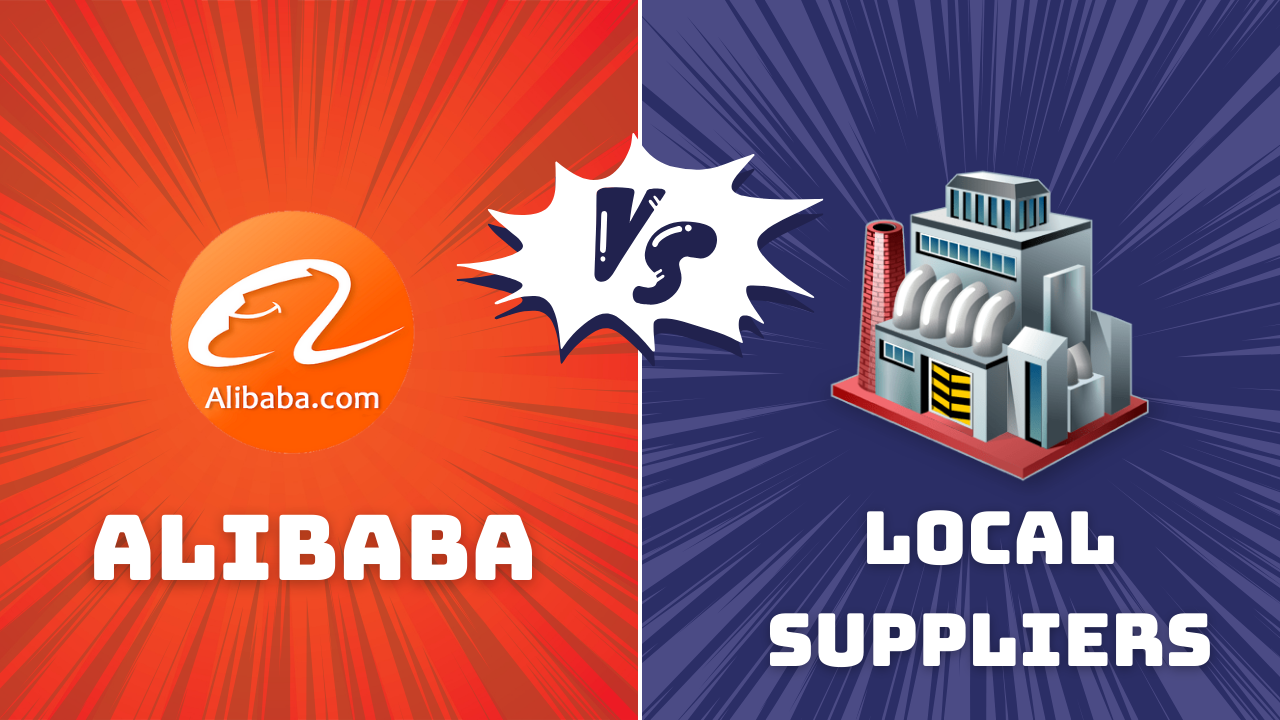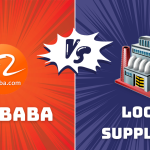For purchasing managers, choosing a reliable supplier or manufacturer is a major hassle. In this era, online platforms have become the go-to way to find the right business partners. They let you explore thousands of opportunities in no time—something nearly impossible to do physically. Today, we’ll discuss online supplier sourcing in China. More options mean more confusion, so we’ll break down which approach works best for you.
Alibaba
Introduction to Alibaba: Alibaba Group Holding Limited, commonly known as Alibaba, was founded in 1999 in China. As one of the world’s largest e-commerce platforms, it connects buyers and sellers across three main models: Customer-to-Customer (C2C), Business-to-Customer (B2C), and Business-to-Business (B2B).
Advantages of Alibaba:
- Reliability Check: Alibaba provides valuable supplier data including verification status, seller tiers (Gold, Silver, Bronze), response rates (>95%), years of operation on the platform, and customer reviews. By analyzing and comparing these metrics, importers can effectively evaluate suppliers.
- Refund Policy: Suppliers who fail to fulfill contract obligations must issue refunds in accordance with platform policies.
- Competitive Advantage: With countless suppliers on one platform, you can easily compare options to find the perfect match at the right price—all while saving valuable time in your sourcing process.
- Payment Terms: Alibaba offers secure payment protection. Buyers typically pay 30-50% upfront before production begins, with the remaining balance due after shipment confirmation.
- Shipping: It provides shipping service. One stop solution.
Risk of using Alibaba:
- Fraud Risk: This is a remote service, so neither party knows the other personally. Therefore, there is a risk of fraud. Find ways to reduce fraud risk when using Alibaba.
- Quality Issues: There are a vast number of sellers on Alibaba, and not all of them offer high-quality products or services. Always test samples or, if possible, visit in person before placing a bulk order.
- Alibaba Fees: There is an annual fee to use the Alibaba platform. Sometimes, this fee may contribute to higher product costs. Additionally, Alibaba’s payment system charges a percentage when buyers pay through the platform.
- Shipping Price and Time: Shipping costs can be very high for certain products due to customs duties and country-specific differences. Also, delivery delays can occur for various reasons and, in some cases, may be critical.
There are many more platforms similar to Alibaba such as: trade china, Global Sources etc.
Local suppliers
Only 15–25% of Chinese manufacturers/exporters have an Alibaba store. The remaining 75–85% use other platforms to sell their products. Some popular alternatives include trade fairs, trading companies, official websites, customer visits, and other online platforms. This data suggests that most importers and buyers tend to prefer working with local suppliers.
Advantages of Local suppliers:
- Competitive Price: At this stage, you can find local suppliers and negotiate directly with them to get very competitive prices.
- Reliability: When sourcing through trade fairs, factory visits, or referrals, the chances of being cheated are much lower. Buyers can reach out to the supplier anytime, making it a safer option.
- Quality Control: By testing samples, buyers can easily verify the product quality before placing a bulk order.
- Manufacturer or Trader: You can confirm whether the supplier is a manufacturer or a trading company and choose the service that best fits your needs.
- Direct Access to Decision Makers: You can easily meet with key decision makers, which can help speed up negotiations and decision-making.
Risk of Local suppliers:
- Language: One of the biggest problems is the language barrier. Most local business owners don’t speak English, so sometimes it’s hard to communicate, which can lead to misunderstandings. However, with today’s advanced technology, using a translator can help solve this issue.
- Reaching Out: If your network is not strong, it can be very difficult to reach reliable suppliers.
- Negotiation: If you can’t negotiate effectively, the price may end up being too high.
- Broken Commitments: Make sure to sign a contract. Sometimes suppliers try to convince you to proceed without paperwork. In such cases, if something goes wrong, you won’t have any legal protection.
- Delayed Delivery: Sometimes deliveries are delayed due to a queue of orders or difficulties in sourcing raw materials.
Eventually, you can choose one or both approaches based on your needs and capabilities. Both the axe and the blade are sharp — they work best when used in the right context.




Useful Content.
Alibaba is convenient for me. Lots of products in the same platform.